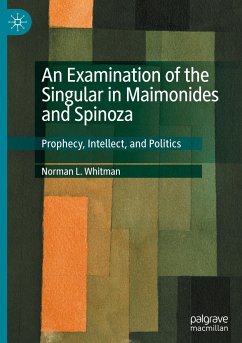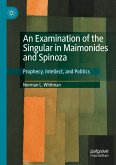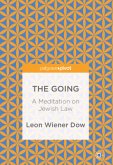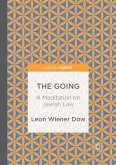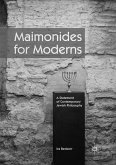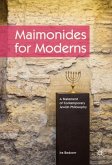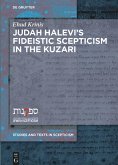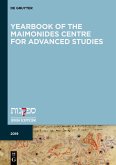This book presents an alternative reading of the respective works of Moses Maimonides and Baruch Spinoza. It argues that both thinkers are primarily concerned with the singular perfection of the complete human being rather than with attaining only rational knowledge. Complete perfection of a human being expresses the unique concord of concrete activities, such as ethics, politics, and psychology, with reason. The necessity of concrete historical activities in generating perfection entails that both thinkers are not primarily concerned with an "escape" to a metaphysical realm of transcendent or universal truths via cognition. Instead, both are focused on developing and cultivating individuals' concrete desires and activities to the potential benefit of all. This book argues that rather than solely focusing on individual enlightenment, both thinkers are primarily concerned with a political life and the improvement of fellow citizens' capacities. A key theme throughout the text isthat both Maimonides and Spinoza realize that an apolitical life undermines individual and social flourishing.

